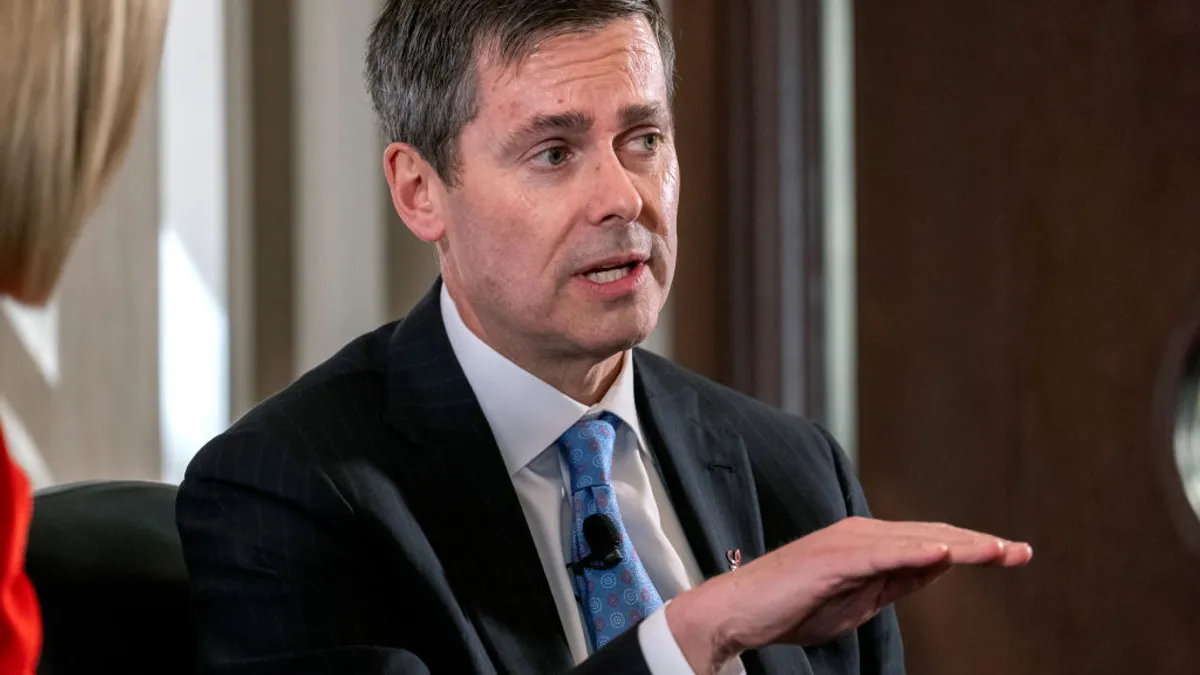Providing Global Access
Isabel Torres, Global Head, Access to Medicines Initiative, Takeda, talks about the company’s strategy for providing access to its medicines in less developed healthcare systems.
PV: What is your vision for the Access to Medicines Initiative?
Torres: We wanted to expand our already existing commitment to global health. The idea is to give eligible patients in evolving healthcare systems access to our innovative and potential life-saving medicines, even if they don’t have the ability for paying the full cost of the treatments. We are implementing our Access to Medicines (AtM) program with our oncology medicines. We are also targeting specialty medicines for inflammatory bowel disease and, of course, our vaccines candidates for dengue and chikungunya.
Takeda has a very strong presence in Southeast Asia and Latin America. However we didn’t have a presence in Africa. We recently opened an office in Nairobi, Kenya, making Takeda the first Japanese pharma company to have a physical presence in sub-Saharan Africa.
We are taking a not-for-profit approach in Kenya. This means that any profit we do see will be re-invested in Africa. We believe that we need to have a sustainable approach. The way to have this sustainable approach is, of course, to work with partners.
We are working with several partners to enhance local cancer management capacities. We are trying to increase access not just to treatments and to our medicines, but also to diagnosis. To address this challenge, we have facilitated the creation of the Kenya Oncology Foundation with the approval of the MOH that brings together private hospitals, public hospitals, and the University of Nairobi. One problem in Africa is a shortage of oncologists. To address this problem we have agreed to support a number of first year fellowships in oncology, in a public-private partnership with the University of Nairobi.
We have also signed an agreement with the Elewa Cancer Foundation to train general practitioners in early cancer screening and diagnosis.
At the same time, we are also working on treating diabetes and hypertension in sub-Saharan Africa. We have signed an agreement with the Pan African Health Foundation to establish a long-term partnership with selected counties within Kenya to have a mobile clinic where we can screen for and treat diabetes and hypertension.
In terms of Southeast Asia and Latin America, we are taking a different approach. We are developing programs to address other barriers such as accessibility and availability. For example, in the Philippines, because of the geography of the country — it is made up of thousands of small islands — people don’t have access to diagnostics.
In Brazil, we have launched Entyvio for inflammatory bowel disorders, which is administered through infusion. Because price and access to infused medications are barriers for patients in Brazil, we created a patient support program in conjunction with a number of infusion centers as follow-ups for the patient.
PV: Why is Takeda pursing these initiatives?
Torres: Takeda believes that the pharma industry has a critical role to play in increasing access to medicines. However, of course, we cannot work alone. Again, we recognize that we have to join forces. It cannot just be the responsibility of one pharma company to address all the barriers, or indeed just our industry. We need to work together with all the other stakeholders to increase access to medications for patients.
Our vision is that eligible patients who need our innovative and potentially life-saving medicines should have access to them. This is our mission. We should try to find innovative and creative ways to work with government and other stakeholders, as much as possible, to do whatever needs to be done.
Africa is a good example where we are working with a range of NGOs, private and public hospitals, universities, patient associations, other pharma companies, payers, and the government.
Within a category such as oncology in less developed countries, all of the stakeholders need to come together to address patients’ needs.
PV: How is Takeda addressing affordability of medicines?
Torres: Eligible patients should have access to our innovative medicines, even if they don’t have the ability to pay for the full cost of treatment and Takeda has made a commitment to help provide access.
In terms of the affordability, we are developing a number of Patient Assistance Programs, and Takeda is taking a phased approach to their roll out.
We will first launch in countries and regions with areas of urgent unmet medical needs and where Takeda is currently best equipped. These are primarily in Southeast Asia, Middle East, Latin America, and Africa. (PV)


















